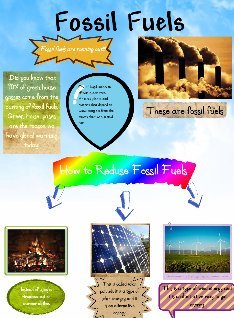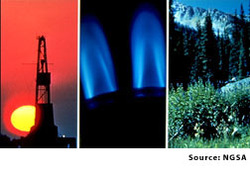http://blog.crowncapitalmngt.com/what-fossil-fuel-really-do-to-america/
Fossil fuels—coal, oil, and natural gas—are America’s primary source of energy. America’s annual consumption of fossil fuels grown rapidly. 89 % of these consumption are consumed by boilers, transportation, residential usage, fuels for direct heating of process. The balance is used for feed-stocks, raw materials, and other miscellaneous uses. And most of the dirty fuels such as coal and residual oil go into boilers.
Fuel burned are by far the largest single source of air pollution. This pollution is from sulfur oxide. It is also a significant source of particulate matter and nitrogen oxides. Boiler combustion is sufficiently important to warrant the effort to analyze the complete nature of the problems.
Fuel consumption in boilers is divided into three sectors: utility boilers producing steam for generation of electricity which is actually consuming probably 59%, industrial boilers producing steam or hot water for process heat,generation of electricity or space heat consuming about 24%, and boilers for space heating for commercial and institutional facilities consuming the 17%.
Fossil fuels—coal, oil, and natural gas—are America’s primary source of energy. America’s annual consumption of fossil fuels grown rapidly. 89 % of these consumption are consumed by boilers, transportation, residential usage, fuels for direct heating of process. The balance is used for feed-stocks, raw materials, and other miscellaneous uses. And most of the dirty fuels such as coal and residual oil go into boilers.
Fuel burned are by far the largest single source of air pollution. This pollution is from sulfur oxide. It is also a significant source of particulate matter and nitrogen oxides. Boiler combustion is sufficiently important to warrant the effort to analyze the complete nature of the problems.
Fuel consumption in boilers is divided into three sectors: utility boilers producing steam for generation of electricity which is actually consuming probably 59%, industrial boilers producing steam or hot water for process heat,generation of electricity or space heat consuming about 24%, and boilers for space heating for commercial and institutional facilities consuming the 17%.


 RSS Feed
RSS Feed